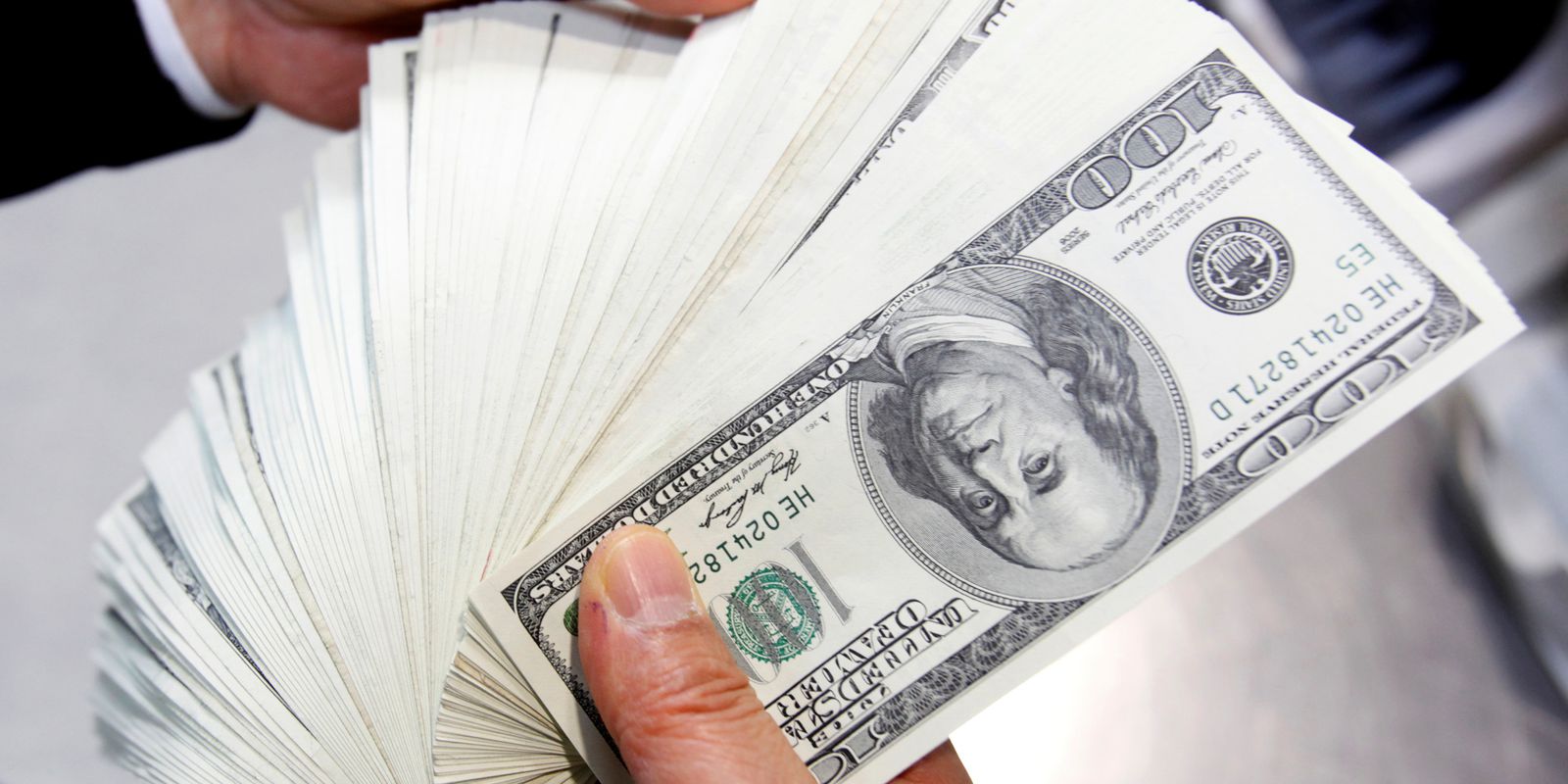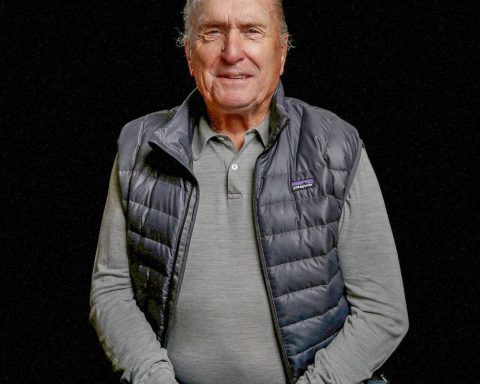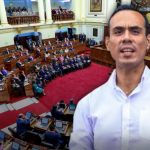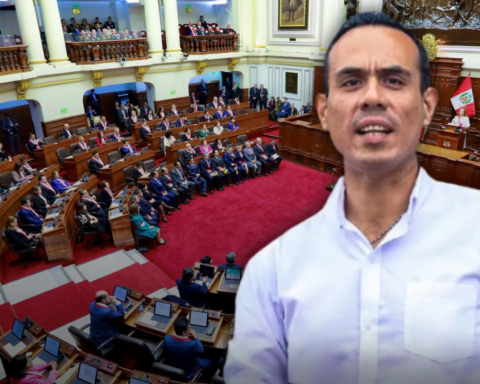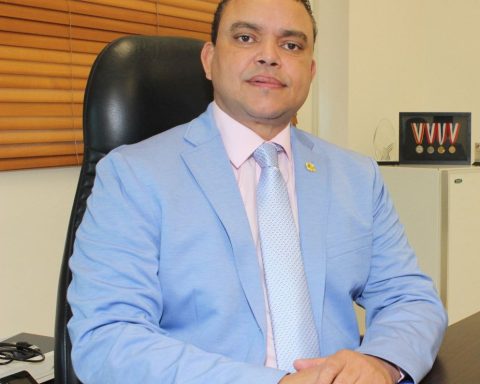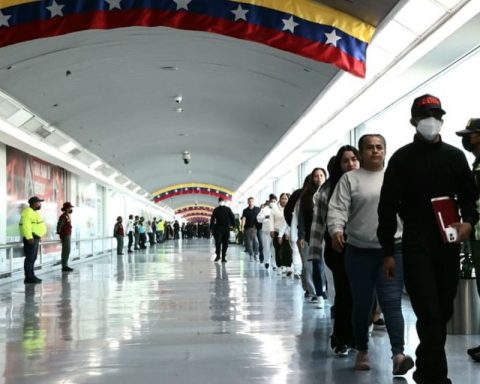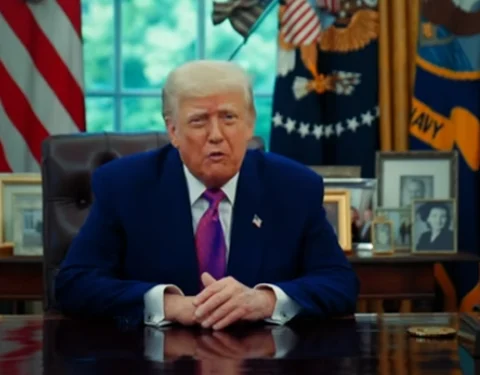Benefited by the increase in demand for raw materials, the dollar fell for the second day in a row, and practically zeroed the high started after the beginning of the war between Russia and Ukraine. The stock exchange, B3, rose most of the day, but lost strength in the afternoon and closed close to stability.
The commercial dollar closed this Thursday (3) sold at R$ 5.028, with a decrease of R$ 0.049 (1.55%). The price opened stable, but operated lower for the remainder of the session. The currency had its biggest daily pullback since January 31. The price is at the lowest level since Wednesday of last week (23), when it closed at R$5, on the eve of the invasion of Ukrainian territories by Russian forces.
In the stock market, the day was less positive. The B3 Ibovespa index closed at 115,165 points, down just 0.01%. The indicator followed the losses of US stocks, amid the escalation of tensions between Russia and Western countries. Stocks that have appreciated in recent days, such as oil companies and retailers, fell today. The fall was not greater only because the shares of banks, mining and steel companies rose.
The valuation of commodities (primary goods with international quotations) and the demand for raw materials have kept the inflow of dollars in Brazil. The dollar fell even further after the announcement that the trade balance registered, in February, the second largest surplus in history for the month, at US$ 4.049 billion.
In addition to the commercial results, the Central Bank announced that, last month, Brazil received around US$ 6 billion in foreign exchange contracts (operations that include the inflow of funds and advances on foreign exchange contracts). The inflow of funds was the highest in three years.
In the foreign market, investors still reflect the statements of Federal Reserve Chairman (Fed, North American Central Bank), Jerome Powell. Yesterday (2), he declared that he intends to ask the directors of the body to raise the basic interest rates in the United States by just 0.25 percentage point at this month’s meeting. A gradual monetary adjustment by the United States benefits emerging countries such as Brazil.
*With information from Reuters
